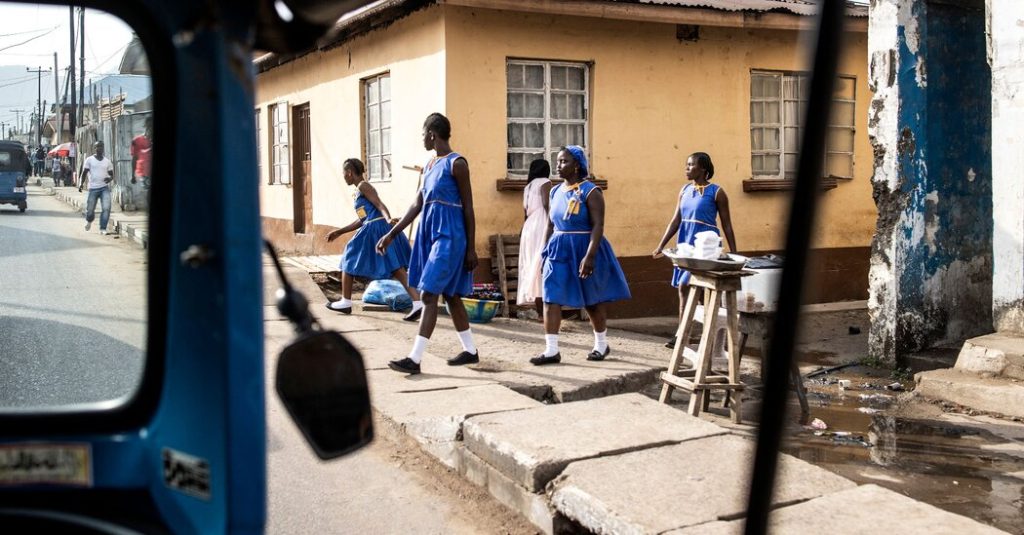Nearly 1.5 million teenage girls in some of the world’s poorest countries will not receive the HPV vaccine as promised by drugmaker Merck due to a manufacturing disruption that has delayed the delivery of millions of doses. This setback will leave more than 10 million girls without their expected shots, with 1.5 million of them likely never being able to receive the vaccine due to being too old in subsequent years. Merck has committed to delivering the delayed doses in 2025, leaving a significant shortfall in vaccinations for countries already struggling to combat cervical cancer.
The delay in the delivery of the HPV vaccine is a major blow to countries that have been waiting for years to vaccinate girls against HPV, which causes the majority of cervical cancer cases. With the vaccine offering almost complete protection against HPV infection, it is considered crucial in preventing cervical cancer deaths, particularly in low-income countries where routine screening for the disease is limited. The delay will disrupt vaccination plans in countries with already challenging healthcare systems, impacting efforts to catch up on vaccinations for unvaccinated girls.
Countries affected by the delayed HPV vaccine delivery have invested in planning for campaigns that have now been scrapped, putting additional strain on already limited healthcare resources. The delay in vaccination campaigns will have broad implications, particularly for countries that were planning to reach all unvaccinated girls between the ages of 9 and 14 through multi-age vaccination efforts. The delay further underscores existing challenges in secure sufficient supply of the HPV vaccine, with global coverage rates still low despite efforts to expand vaccination programs.
Many low-income countries have been looking to begin HPV vaccination campaigns since 2018, but have faced challenges in securing the necessary doses. Merck’s failure to deliver the promised number of doses adds to ongoing struggles faced by organizations like Gavi and UNICEF in expanding access to vaccines in low and middle-income countries. With the delay of millions of doses, countries like Sierra Leone, Burkina Faso, and Mozambique face the challenge of adjusting vaccination campaigns and overcoming cultural taboos associated with the HPV vaccine.
The delay in the delivery of the HPV vaccine not only affects the vaccination of girls in developing countries, but also hampers efforts to create demand and political support for the vaccine. Countries like Mozambique, which had planned a multi-age campaign to vaccinate as many girls as possible, now face challenges in maintaining community demand and momentum for the vaccine. This postponement disrupts carefully laid plans that aimed to provide much-needed protection against cervical cancer to vulnerable populations, further highlighting the importance of timely and reliable vaccine deliveries in global health efforts.
Overall, the delay in the delivery of the HPV vaccine by Merck has far-reaching consequences for girls in low-income countries who are disproportionately affected by cervical cancer. A lack of access to the vaccine means these girls are at an increased risk of developing cervical cancer with limited screening and treatment options available. The delay complicates efforts to maintain political and community support for vaccination campaigns, raising concerns about the long-term impact on cervical cancer prevention efforts in countries where the disease poses a severe threat to public health.















